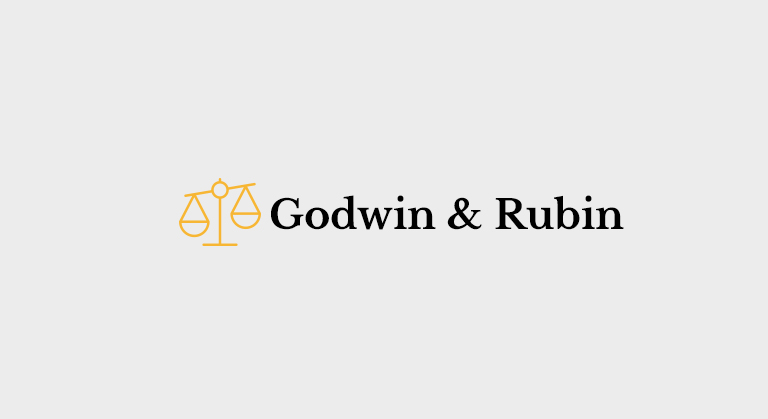Workers’ Compensation Lawyer
News Details

When can I sue my employer after a workplace injury?
On behalf of Godwin and Rubin posted in blog on Monday, November 6, 2017.
Employees who get hurt at work can often receive workers’ compensation money to pay for their medical care and time unable to work. However, being covered by workers’ compensation insurance means that your employer is normally protected from being liable for your on-the-job injuries.
However, there are some circumstances — especially when an employer intentionally causes harm to an employee — in which workers can pursue financial damages in court.
Examples of when you can sue your employer after an injury
Here are some example scenarios that could lead to employer liability after a worker gets hurt on the job:
Cases of battery: If your employer or another person at your job hits you or attacks you, your employer might be liable for personal injury damages.
Unlawful detainment: When your employer attempts to confine you against your will and your employer does not have legal authority to do so, it’s known as false imprisonment.
Infliction of emotional distress: When an employer intentionally traumatizes you emotionally, it can lead to serious damages that may be pursued in court.
Fraud or misrepresentation: When an employer lies or misrepresents facts to an employee that leads to the employee being hurt, the employer could be liable for damages.
Defamation of character: Employers sometimes make false and damaging statements pertaining to an employee, which leads to negative career and reputation consequences.
Invasion of privacy: Employers may not publish your private information or your photographs to a larger audience without your permission.
Trespass: Trespass refers to instances in which an employer takes and uses your property, or enters your property without your permission.
No double-dipping allowed in employee-employer lawsuits
Injured employees can usually file a workers’ compensation claim for money to pay for injuries and time outside of work after a workplace accident. In some cases, employees can also file a personal injury claim against their employer. It’s important to note that employees cannot pursue the same damages twice in these claims. For example, if you’re successful in your workers’ compensation claim and in your personal injury claim, the court will deduct the amount of benefits received through workers compensation from your personal injury award.
The more you understand about California workers’ compensation and personal injury law, the better equipped you will be for navigating your legal claims following a serious injury at work.




